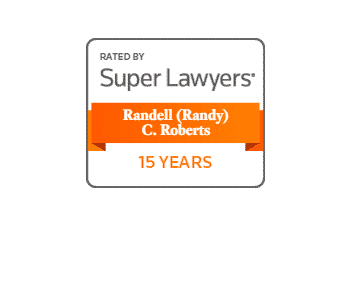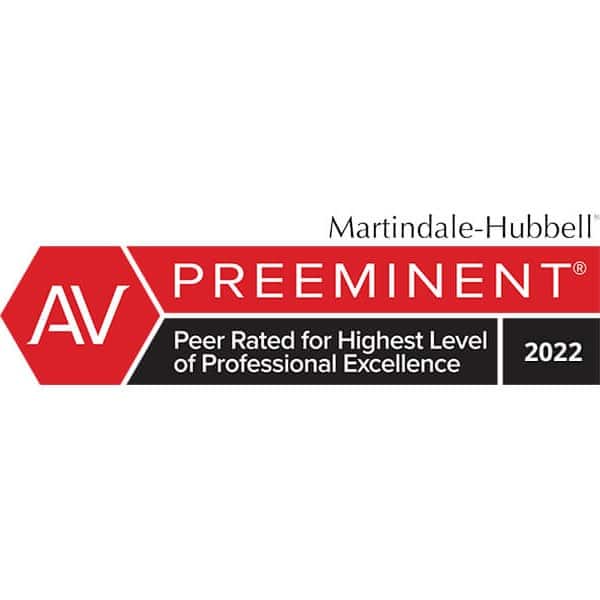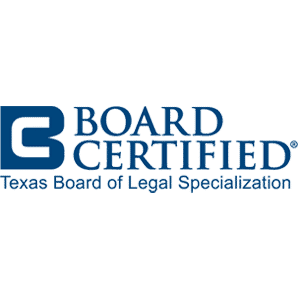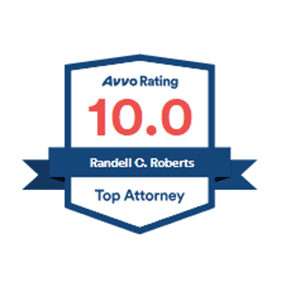Reduce the Risk of Fire and Shock By Using Safe Extension Cords
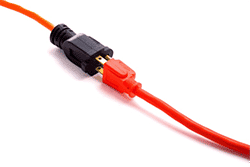
Holstein’s Extension Cord Safety Tips
- Classifications: Extension cords are classified for either indoor or outdoor use. The insulation, or jacket, of an outdoor-rated extension cord is made of tougher material designed to withstand temperature changes, moisture, and UV rays. “While it’s fine to use an outdoor power cord indoors, never use an indoor-rated extension cord for an outside job,” Holstein warns. “Doing so could cause electric shock or create a fire
- Wattage rating: The number of watts an extension cord can safely transmit is known as a wattage rating. Before plugging an appliance or power tool into an extension cord, verify that the power (or pull) of that device does not exceed the cord’s wattage rating.
- Powering multiple devices: If more than one device will be plugged into an extension cord, calculate their combined energy requirements and make sure that the total is not higher than the wattage rating for the cord.
- Power requirements: It is important to know how much electricity is required to run a given device. Consult the manufacturer’s instructions, or check the tag attached to a device’s power cord.
- UL approval: Only purchase cords that bear the Underwriters Laboratories (UL) symbol. Its presence indicates that samples of that particular type of cord have been tested by UL and have received consumer safety approval.
- Red Flags: Do not use extension cords with cut or damaged insulation. Exposed conducting wires can create the risk for fire, burns, and electric shock.



